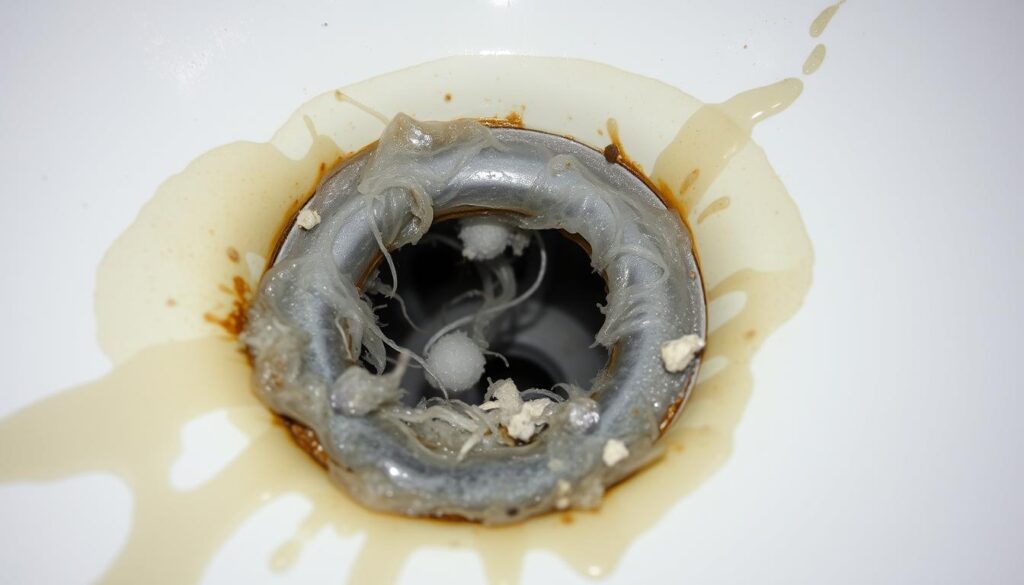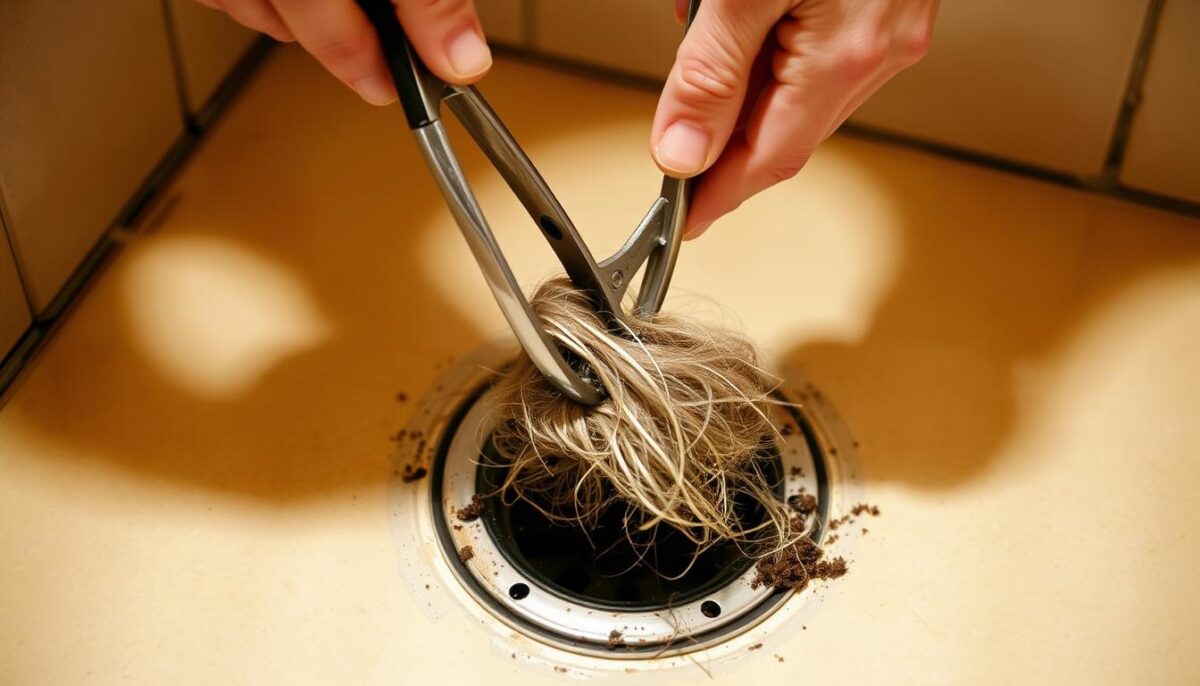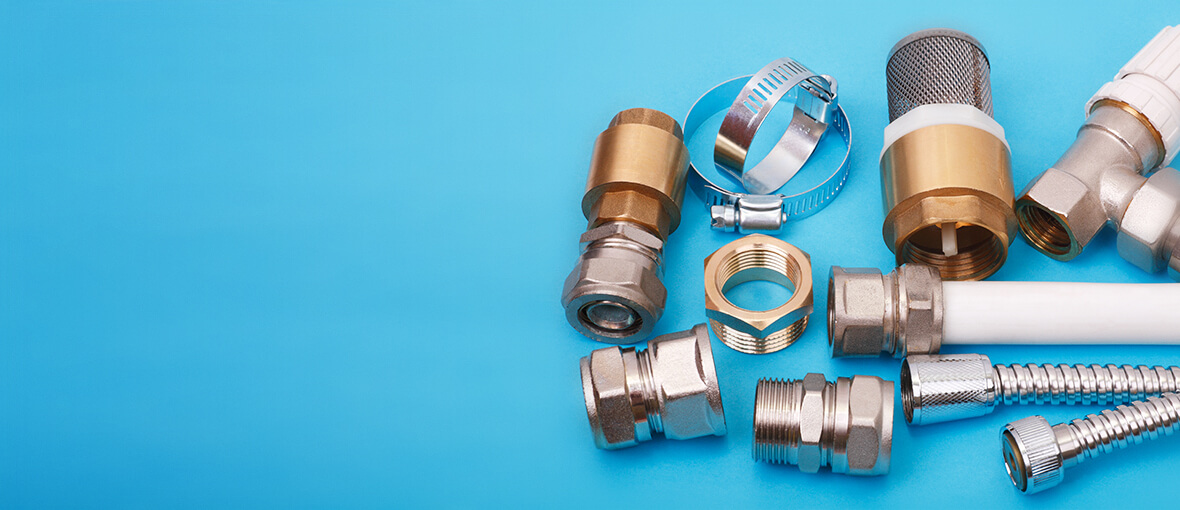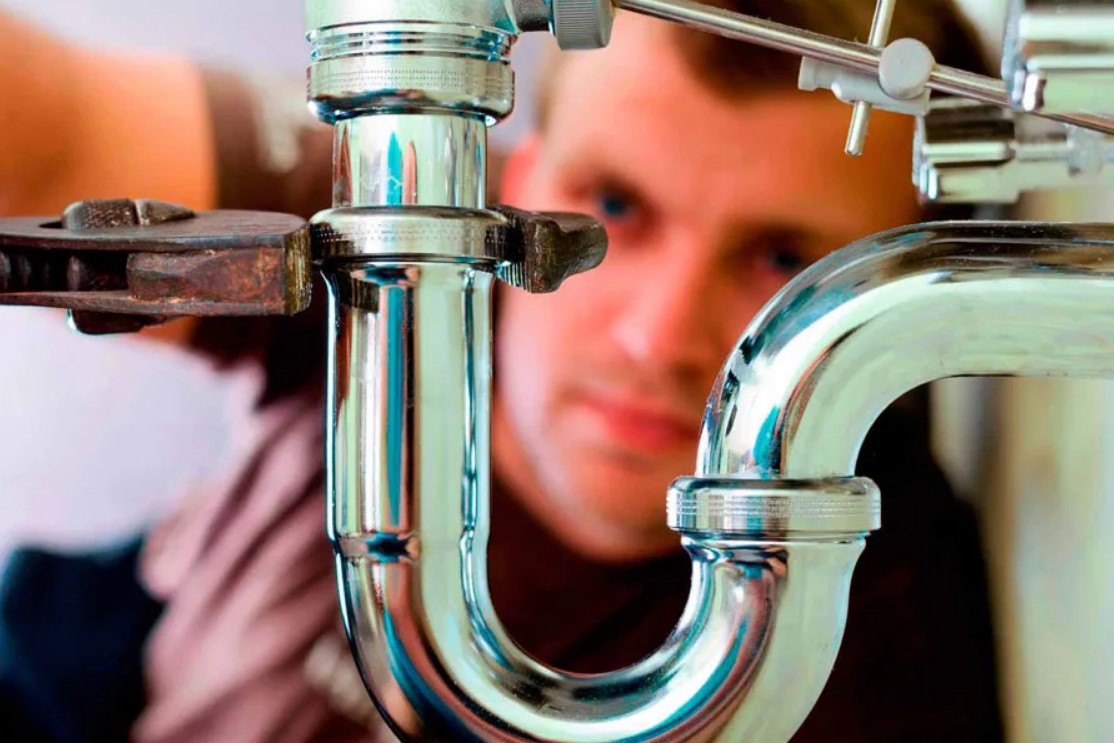How to Clear a Stubborn Shower Drain Clog
Dealing with standing water in your shower can be frustrating, but clearing a stubborn drain clog is something most homeowners can handle without calling a plumber.
A clogged shower drain is usually caused by a build-up of hair, grease, and soap. Other possible causes include dirt or minerals from your water or tree roots growing through tiny cracks in your underground pipes.
This comprehensive guide will walk you through multiple effective methods to unclog your shower drain, from simple DIY solutions to more advanced techniques. By following this step-by-step guide, you’ll save money on plumbing services and gain the satisfaction of solving the problem yourself. You need to take care of your drain so you don’t need a new shower installation service.
Key Takeaways
- Understand the root causes of a clogged shower drain to prevent future clogs.
- Learn multiple effective methods to unclog your shower drain.
- Discover when it’s time to call in professional help.
- Save money on plumbing services by fixing the issue yourself.
- Gain the satisfaction of solving the problem with a step-by-step guide.
Understanding Why Shower Drains Get Clogged

Understanding the reasons behind clogged shower drains is crucial for effective solutions. A clogged shower drain can lead to a range of problems, including water accumulation and unpleasant odors.
Common Causes of Shower Drain Clogs
The primary culprits behind most shower drain clogs include hair, soap scum, and grease. Hair easily tangles and creates a net that catches other debris, while soap scum builds up over time, especially when combined with hard water minerals, creating a sticky residue that narrows your pipes.
- Hair and other debris accumulation
- Soap scum and body oils sticking to pipe walls
- Mineral deposits from hard water
Signs Your Shower Drain Needs Unclogging
If you notice slow drainage, standing water during showers, gurgling sounds, or unpleasant odors coming from the drain, it may be a sign that your shower drain needs unclogging. These warning signs indicate a developing clog that requires attention to prevent further problems.
Preparing to Unclog Your Shower Drain
Proper preparation is key to successfully unclogging your shower drain. Before you begin, it’s crucial to understand the steps involved and the necessary precautions.
Safety Precautions to Take
When unclogging your drain, safety should be your top priority. Always wear rubber gloves to protect your hands from bacteria, sharp objects, and potential chemical exposure. If you’re using chemical drain cleaners, ensure proper ventilation in your bathroom and consider wearing eye protection to prevent splashes.
Tools and Materials You’ll Need
To unclog your shower drain, gather the necessary tools and materials beforehand to avoid interruptions. Essential items include a screwdriver for removing the drain cover, pliers, a flashlight, and old towels for cleanup. Depending on your chosen method, you may also need a plunger, drain snake, wire hanger, baking soda, vinegar, or commercial drain cleaner.
How to Access Your Drain
To access your drain, you may need to remove the drain cover. Some covers can be unscrewed with a screwdriver, while others may need to be pried off carefully to avoid scratching the shower surface around the drain.
Simple DIY Methods for Shower Drain Clogs
A clogged shower drain is a common issue that can often be resolved with basic DIY techniques. Before calling a professional plumber, you can try a few simple methods to clear the blockage and get your shower drain flowing freely again.
Manually Removing Hair and Debris
The simplest approach to unclogging your shower drain begins with manually removing visible hair and debris that’s causing the blockage. You can use your fingers (with gloves on), tweezers, or a bent wire hanger to fish out hair clumps and other debris from the drain opening. This method is effective for clogs that are close to the surface.
Using Boiling Water to Clear Clogs
Boiling water is often effective for dissolving soap scum and breaking down grease buildup in your shower drain pipes. To use this method, pour boiling water down the drain in 2-3 stages, allowing each pour to work through the clog before adding more hot water. This technique works best for minor clogs caused by soap and grease rather than solid blockages like hair balls.
When to Avoid Boiling Water Method
It’s crucial to never use boiling water on PVC pipes as the extreme heat can warp, damage, or even melt the plastic plumbing. To determine if you have PVC pipes, check under your sink – PVC pipes are typically white or cream-colored plastic, while metal pipes are usually chrome, copper, or brass. If you’re unsure about your pipe material, it’s best to avoid using boiling water to avoid potential damage.
The Baking Soda and Vinegar Solution
The combination of baking soda and vinegar is a powerful, chemical-free way to unclog your shower drain. This eco-friendly solution works through a chemical reaction that helps break down the clogs causing your drain issues.
Mixing and Applying the Solution
To prepare the mixture, you’ll need 1/3 cup of baking soda and 1/3 cup of white vinegar. Start by pouring the dry baking soda directly down the drain, ensuring it reaches as far down as possible. Follow immediately with the vinegar, which will create a fizzing reaction as it contacts the baking soda. For maximum effectiveness, cover the drain with a plug or cloth after pouring in the vinegar.
Waiting and Flushing the Drain
Allow the solution to work for at least one hour; letting it sit overnight is even better for stubborn clogs. When you’re ready to flush the drain, use very hot (but not boiling) water and pour it steadily for at least 30 seconds to completely clear the loosened debris. This method can be repeated multiple times for particularly stubborn clogs without risking damage to your pipes.
- The baking soda and vinegar method is a natural alternative to harsh chemical drain cleaners.
- This solution is particularly effective for dissolving soap scum, grease, and other organic matter.
- Repeating the process can help clear even the most stubborn clogs.
Using a Plunger to Clear Shower Drain Clogs
When dealing with a clogged shower drain, one of the most effective and simplest tools to use is a plunger. This method is particularly useful for clogs that are not too deep in the plumbing system.
Selecting the Right Plunger
For shower drains, it’s essential to use a cup-style plunger, also known as a sink plunger. This type creates a better seal on flat surfaces compared to a flange plunger designed for toilets.
Proper Plunging Technique
To effectively use a plunger, first remove the drain cover and apply petroleum jelly around the rim of the plunger cup for a stronger seal. Then, add enough water to the shower base to cover the cup. Position the plunger over the drain and push down firmly. Use quick, forceful movements for about 20-30 seconds.
Troubleshooting Common Plunging Problems
If plunging doesn’t work, check for a proper seal and sufficient water in the shower. These are common issues. If the clog persists, consider repeating the process or combining it with other methods to unclog the shower drain.
How to Use a Plumber’s Snake for Stubborn Clogs
A plumber’s snake is a handy tool for tackling tough clogs in your shower drain that other methods can’t clear. It’s also known as a drain auger, and it comes in different types to suit various needs.
Types of Drain Snakes
There are several types of drain snakes available, including manual hand snakes, drum augers with hand cranks, and electric power augers. For most home shower clogs, a basic 25-foot hand snake or a drum auger is sufficient and more affordable than electric models.
Step-by-Step Guide to Snaking a Drain
To use a plumber’s snake, start by removing the drain cover and clearing any visible debris. Then, insert the end of the snake into the drain opening and slowly feed it into the pipe, turning the handle clockwise as you push forward. When you feel resistance, you’ve likely reached the clog. Continue turning the handle while applying gentle pressure to work through or grab the blockage.
Once you feel the resistance give way, the clog has likely been broken up or hooked onto the snake’s coil. Slowly retract the snake by turning the handle counterclockwise, being careful not to lose any debris that might be attached to the end.
Cleaning Up After Using a Snake
After removing the snake, clean it thoroughly with hot water and disinfectant before storage to prevent bacteria growth and odors. Always finish by flushing the drain with hot water for several minutes to ensure all loosened debris is washed away completely.
Chemical Drain Cleaners: When and How to Use Them
When dealing with a stubborn shower drain clog, it’s essential to consider using chemical drain cleaners as a last resort. Chemical drain cleaners can be effective for certain types of clogs, particularly those caused by organic materials like hair and soap scum.
Types of Chemical Drain Cleaners
There are three main types of chemical drain cleaners: caustic (lye-based), oxidizing (bleach-based), and acid-based. Each type works differently and is suited for specific types of clogs. Caustic cleaners work best on grease and soap scum, while oxidizing cleaners are effective against hair and food residue. Acid-based cleaners, typically professional-grade, tackle the toughest blockages.
Safety Precautions for Chemical Cleaners
Safety is paramount when using chemical cleaners. Always wear rubber gloves and eye protection, and ensure proper ventilation in your bathroom to avoid inhaling toxic fumes. Never mix different chemical cleaners together, as this can create dangerous chemical reactions that produce harmful gases.
Application Instructions and Timing
Most chemical cleaners require pouring a specific amount directly into the standing water above the clogged drain and allowing it to sit for the recommended time (usually 15-30 minutes). After the waiting period, flush thoroughly with hot water to remove both the chemicals and the dissolved clog materials. Be aware that frequent use of chemical cleaners can damage pipes over time, particularly older pipes or those made of certain materials like PVC.
Preventing Future Shower Drain Clogs
To avoid the hassle of dealing with a clogged shower drain, it’s essential to take preventive measures. One of the simplest ways to prevent clogs is by installing a quality drain cover or hair catcher over your shower drain. This device catches hair and larger debris before they enter your plumbing system and is easy to clean regularly.
Developing a routine of brushing your hair before showering can also help reduce loose strands that would otherwise go down the drain. For preventative maintenance, pouring a kettle of hot water down your shower drain weekly can help flush away soap residue and prevent buildup.
Monthly treatments with a baking soda and vinegar solution can keep your pipes clean. Mix 1/3 cup of vinegar and 1/3 cup of baking soda, and pour it down the drain. Being mindful of what goes down your drain and addressing any issues promptly can also prevent clogs from forming.








